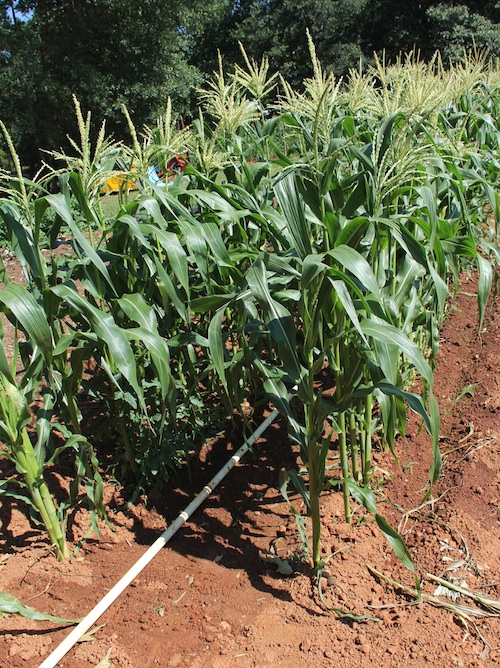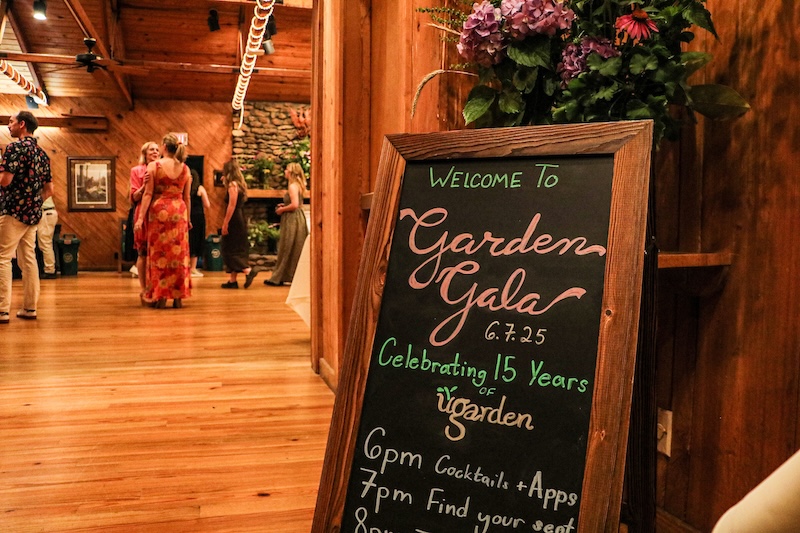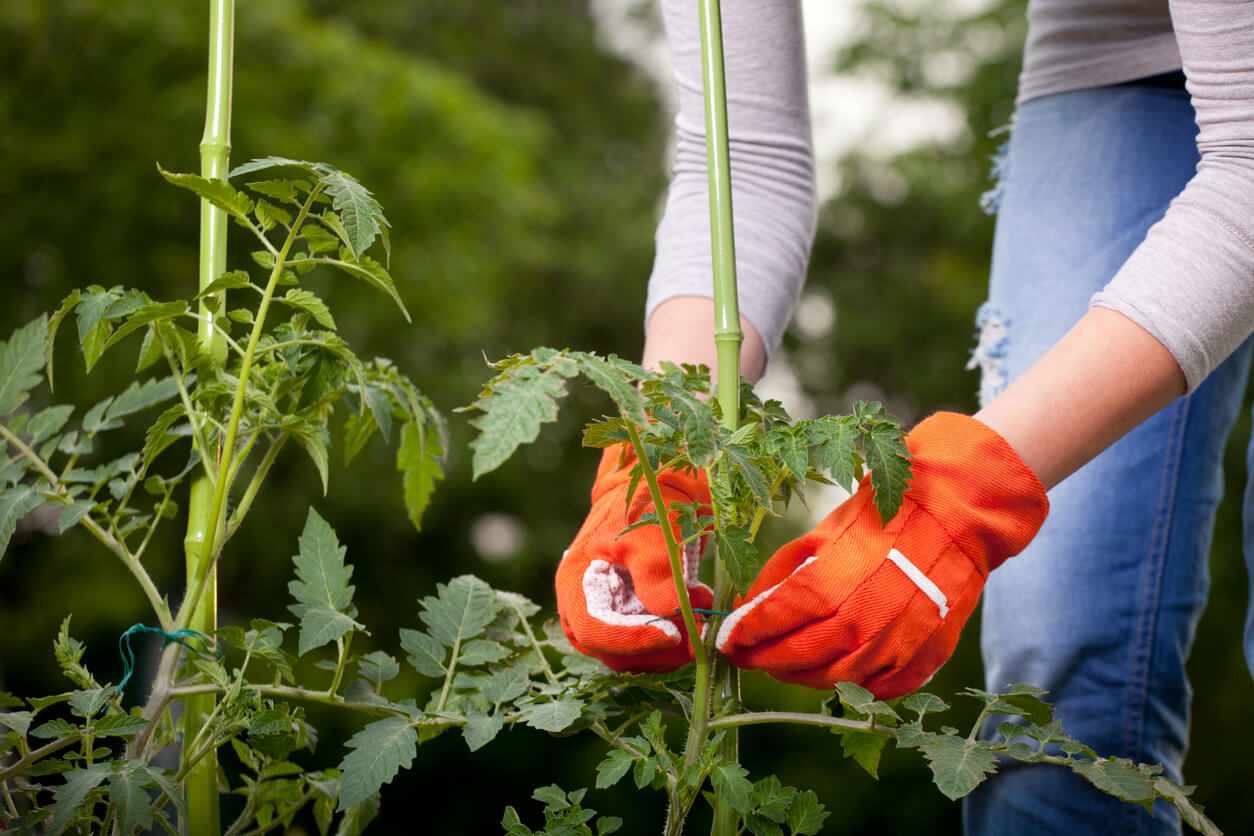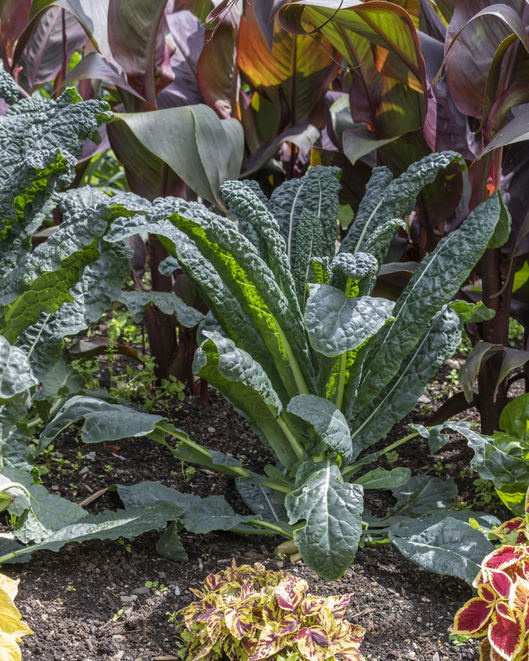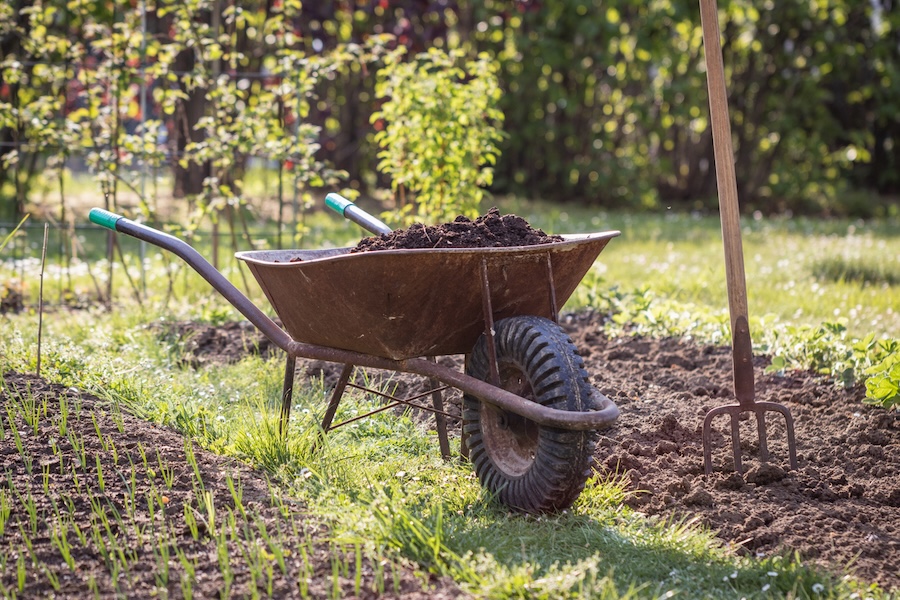Springtime brings questions about gardening, and some of the most common gardening questions have to do with watering, bugs and how to grow more food in less space. Here is some basic information from University of Georgia Cooperative Extension to help answer these common questions.
Question: What can I do to prevent insect pests in my vegetable garden?
Answer: Plant as early in the spring as the weather will permit to get your plants established before pests arrive.
Also, be sure to rotate crops to prevent buildup of pests in one area of the garden. For example, do not plant tomatoes year after year in the same spot in the garden. Rotate tomatoes with corn or beans.
You can also plant vegetable varieties that have built-in tolerance or resistance to certain insect pests. And, always buy and plant fresh seeds and healthy, insect-free vegetable plants.
Next year, you can till your soil in the winter to expose insects and eggs to cold temperatures and drying winds.
Q: How and when should I water my vegetable garden?
A: The worst possible method of watering vegetable plants is to spray water over the plants for a few minutes everyday.
When you water, use a method that delivers water as directly to the soil as possible and water thoroughly to encourage plant roots to seek moisture and nutrients deep in the soil. Soak the soil to a depth of 6 to 8 inches. A thorough soaking every five to six days is usually sufficient. Of course, weather conditions, like temperature and rainfall will affect frequency of watering.
Soaker hoses or drip irrigation systems provide the best results, as overhead watering is usually a very inefficient way to water. Soaker and drip irrigation systems place the water near the roots and not in the middle of the rows. They also do not wet the foliage, thus helping to reduce leaf spot and other diseases.
Vegetables need moisture, but overwatering is harmful. Overwatering not only wastes water but waterlogs the soil, preventing roots from getting air. Overly wet soil is also much more likely to be attacked by root rot and fungus.
Watering early in the day reduces water loss by evaporation and allows the foliage to dry quickly. Watering in the late afternoon or evening can leave foliage wet overnight and encourage diseases. Avoid watering in the middle of the day because you will loose much of your irrigation water to evaportation.
Q: I have almost no space for a garden. Can I grow vegetables in containers?
A: There are a number of vegetable varieties suitable for growing in containers that have small plants and produce either full-sized or miniature fruits. Containers should be large (at least 5 gallons) to prevent rapid loss of moisture and provide adequate room for root growth. One tomato plant will need a 5-gallon bucket, whereas two peppers or two cucumbers can be grown in a 5-gallon container.
The biggest challenges will be to properly water and fertilize the plants. They will need more care and attention to perform well.
For more information on gardening, call your local UGA Extension office at 1-800-ASK-UGA1 or visit online at www.ugaextension.

